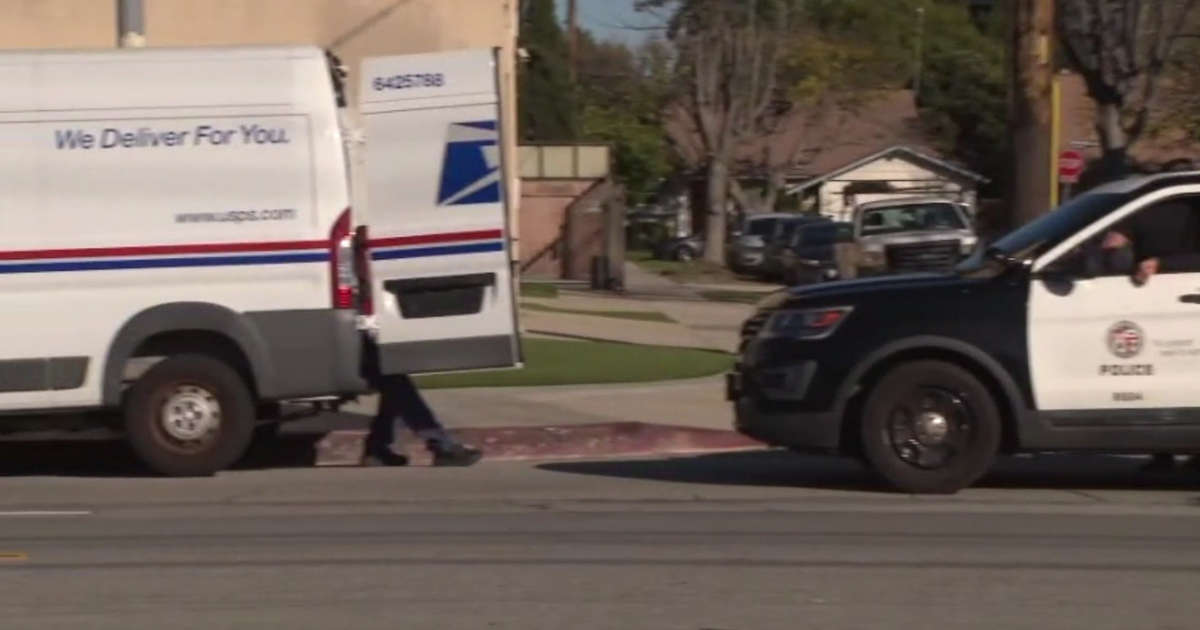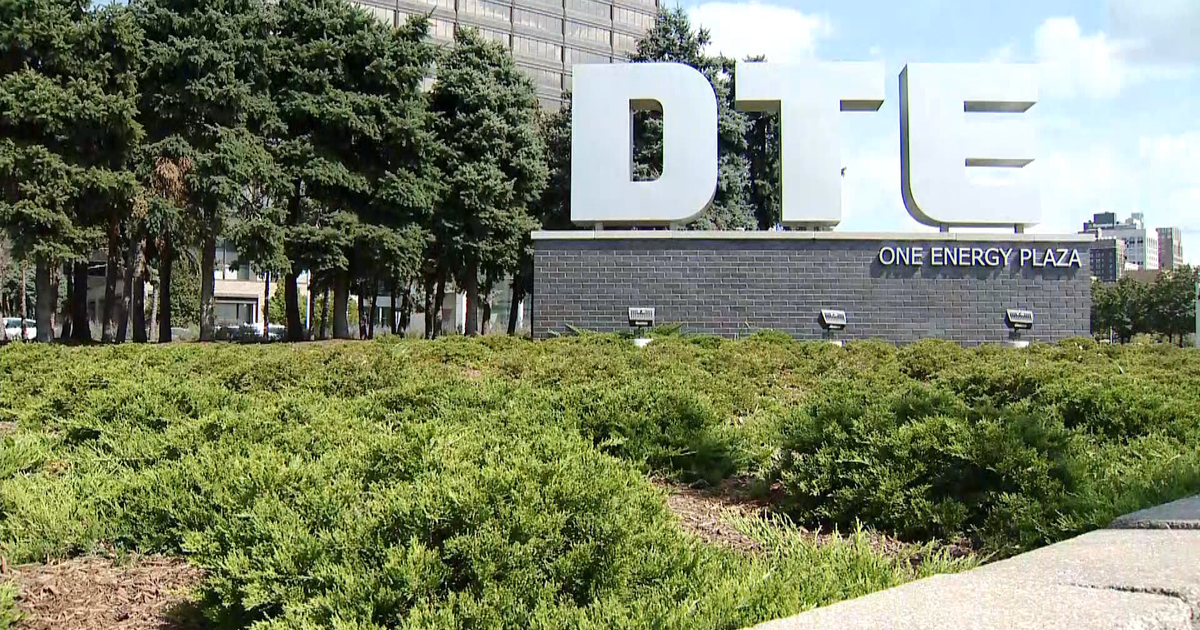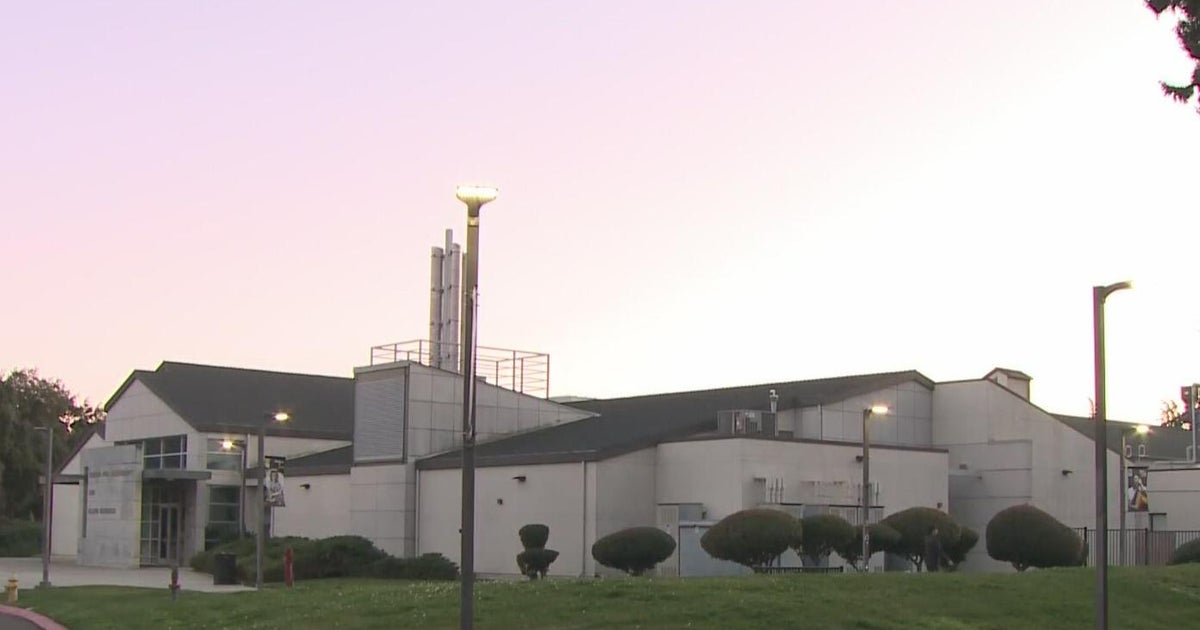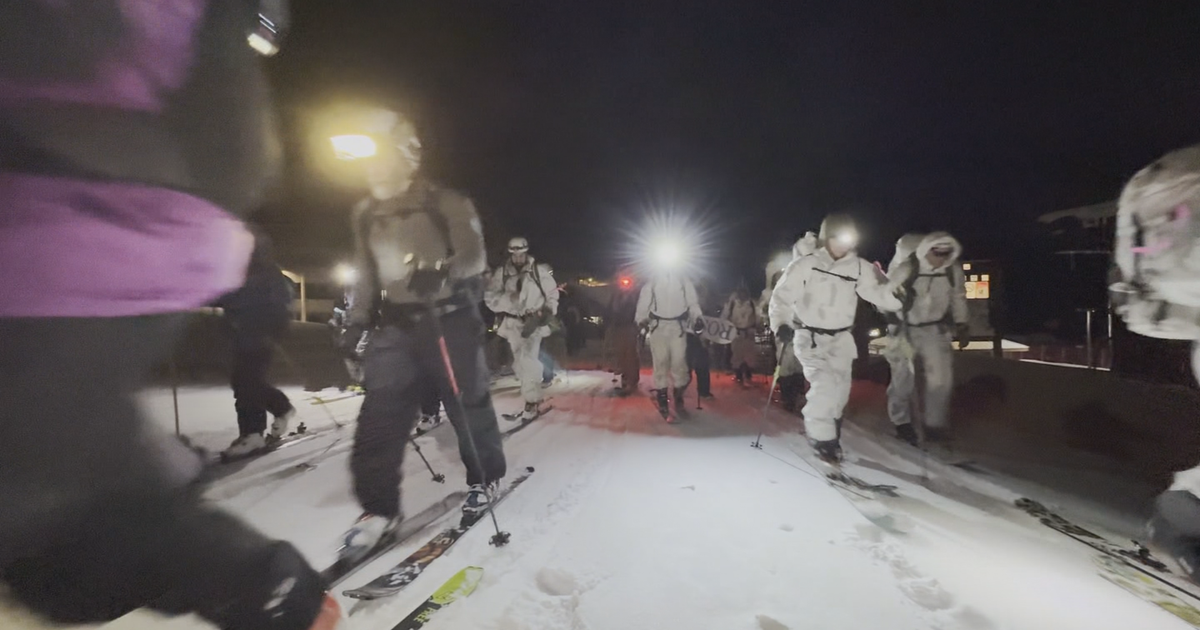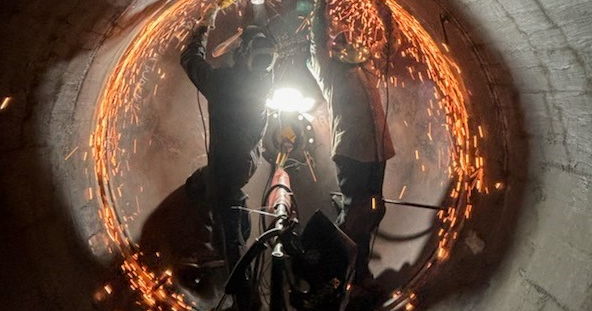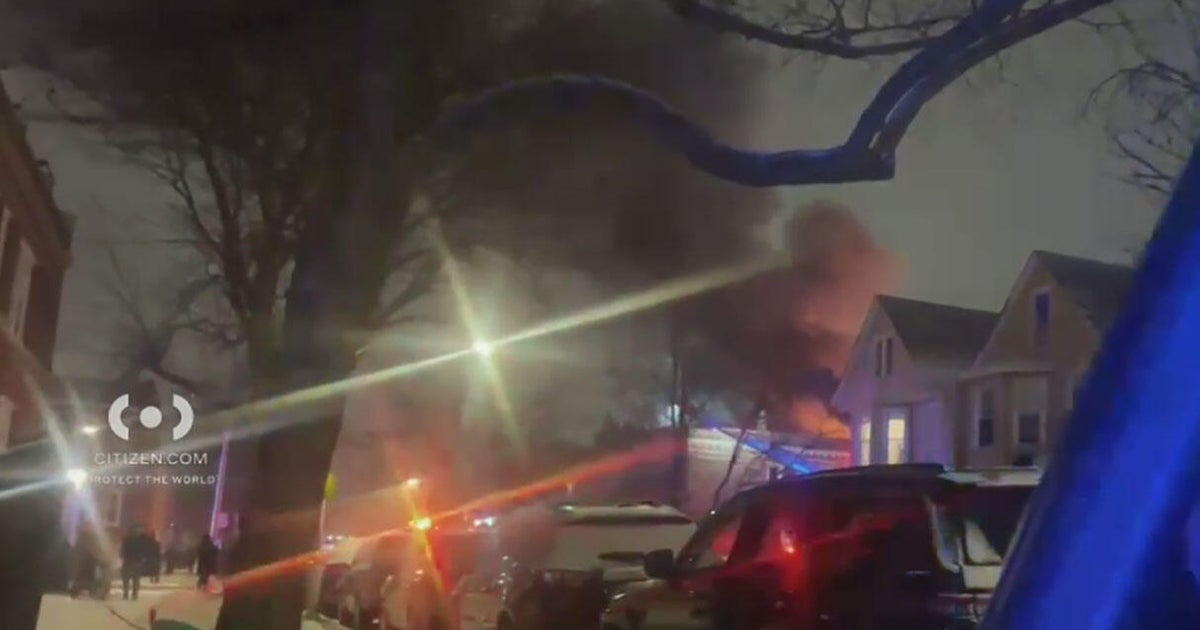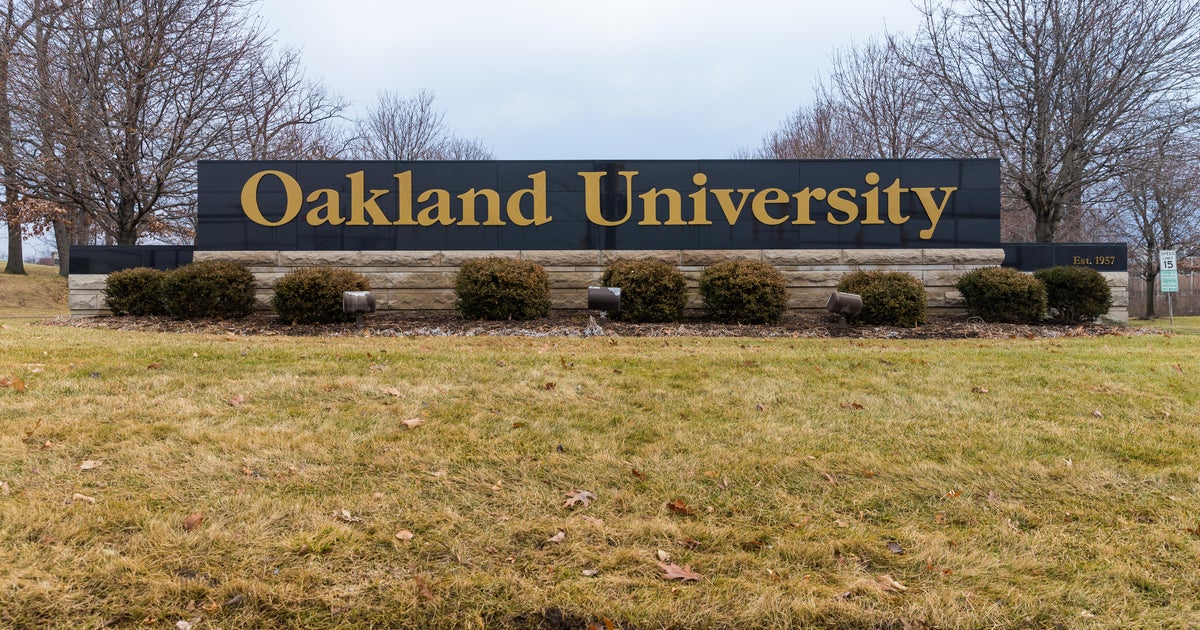Military Solar Project For San Mateo's SolarCity Back On Track
SAN MATEO (CBS / AP) -- A $1 billion solar energy project that would nearly double the number of panels on residential rooftops in the U.S. is back on track less than two months after losing a federal loan guarantee in the wake of the Solyndra bankruptcy and myriad related investigations.
San Mateo-based SolarCity said Wednesday that it had reached a deal with Bank of America Corp.'s Merrill Lynch unit for financing the five-year project called SolarStrong. The venture would put shimmering solar panels on 120,000 military houses in dozens of states.
SolarCity said the solar installations will provide power to military families at a lower cost than utility power.
In late September, SolarCity said the military project's loan guarantee from the U.S. Department of Energy was scuttled due to new, more rigid requirements spurred by the collapse of Fremont-based Solyndra Inc., which filed for bankruptcy despite a $528 million DOE loan.
Just weeks before, U.S. Energy Secretary Steven Chu had hailed SolarStrong as the "largest domestic residential rooftop solar project in history" while announcing DOE's intent to provide a partial guarantee for the company's $344 million loan.
But SolarCity was unable to finalize the loan by the DOE's Sept. 30 deadline, blaming the increased red tape caused by Solyndra's collapse.
Yet, SolarCity CEO Lyndon Rive said the loan guarantee process is a chief reason why the new funding happened at all. He said the careful vetting required by the DOE's loan program helped give the bank confidence in the project.
"BofA Merrill never wavered when the loan guarantee wasn't finalized and worked with us to create a financing structure that works without it," Rive said in a statement. "The fact that SolarStrong can move forward without a federal loan guarantee is a clear indication that long-term incentives such as the investment tax credit are working."
The company said the significant drop in the price of solar panels over the past year because of less expensive panels being manufactured in China also made financing the project easier.
The new project is scaled down from its previous incarnation. SolarCity previously said it would put panels on 160,000 homes in 33 states.
The smaller project reflects one effect of losing the loan guarantee: Banks and private investors are willing to pony up more cash if their investment is insured by taxpayer dollars.
Still, Jonathan Plowe, head of new energy and infrastructure solutions at BofA Merrill Lynch, said the bank believes the residential solar market in the U.S. is a strong investment with or without the loan guarantee. He said the SolarStrong deal is part of a $20 billion effort by the bank to invest in renewable energy, conservation and other areas related to the environment.
"We saw huge growth potential in this area. Any building you see that has no solar is a good platform for solar," Plowe told The Associated Press.
And the U.S. Department of Defense is a huge new customer. The Defense Department is the largest single consumer of electricity in the nation, so this project will help achieve its goals of deriving 25 percent of its energy from renewable sources by 2025.
SolarCity, the leading installer and operator of panels on U.S. residences, will own and operate the panels, working with the private companies that manage military housing on each base to install them.
It has already started installing panels on homes at Joint Base Pearl Harbor-Hickam in Hawaii, Rive said. Rive said the company will also launch a "grassroots" effort at each base to hire veterans and military family members to install the panels.
The deal was applauded by the solar industry as an indication that large banks are confident in the future of solar technology, even without federal loan guarantees.
"I think it really shows the acceptance and understanding of solar technology to the big banks, and that really didn't exist six months ago," said Rhone Resch, president of Solar Energy Industries Association, the Washington-based lobbying group for the solar industry.
"I think banks like BofA and others are now comfortable with the performance and the business model and the returns they are seeing with these solar projects."
(Copyright 2011 by CBS San Francisco. All Rights Reserved. This material may not be published, broadcast, rewritten, or redistributed.)
